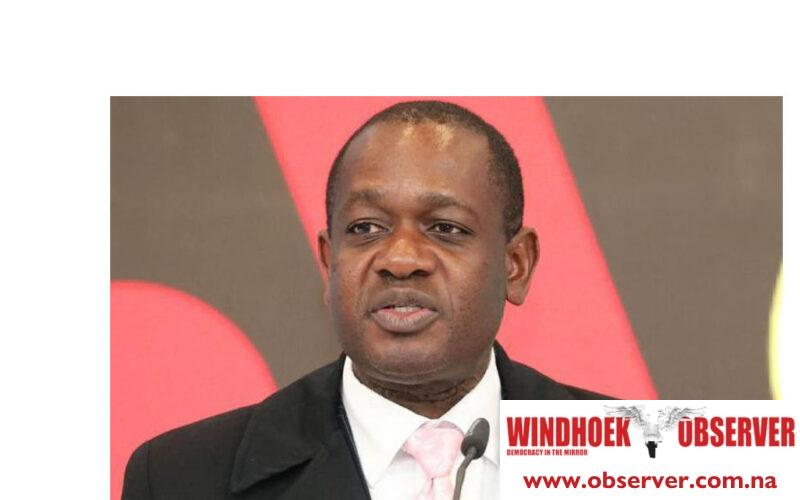Niël Terblanché
Namibia has reaffirmed its stance on the urgent need for reform within the United Nations Security Council (UNSC) while also raising concerns about global justice and equity.
Dr Peya Mushelenga, Namibia’s Minister of International Relations and Cooperation, in a statement, voiced the government of Namibia’s disappointment following the UNSC’s inability to pass a resolution that would grant the State of Palestine full membership in the United Nations.
The bid for Palestine’s membership adheres to Article 4 of the UN Charter, which invites all peace-loving states willing and able to fulfil the obligations of the Charter to apply.
Since 2012, Palestine has held observer status at the UN, and despite recognition from 138 of the 193 UN Member States, their push for full membership has been a contentious issue.
Mushelenga expressed grave concerns over the use of veto power by the United States to block the resolution, which he described as a significant setback to achieving a peaceful resolution to the ongoing Israel-Palestine conflict.
He criticized the apparent prioritization of national interests by powerful UN members over the collective values and norms upheld by the international community.
Mushelenga emphasized the disparity in commitment to the principles enshrined in the UN Charter, noting that while smaller states hold these ideals in high regard, the actions of some permanent members of the Security Council cast doubt on their dedication to these principles.
He stated that Namibia empathises deeply with Palestine due to its own historical struggles for self-determination and that the country remains steadfast in its support for Palestine and will continue to push for substantial reforms within the UNSC.


